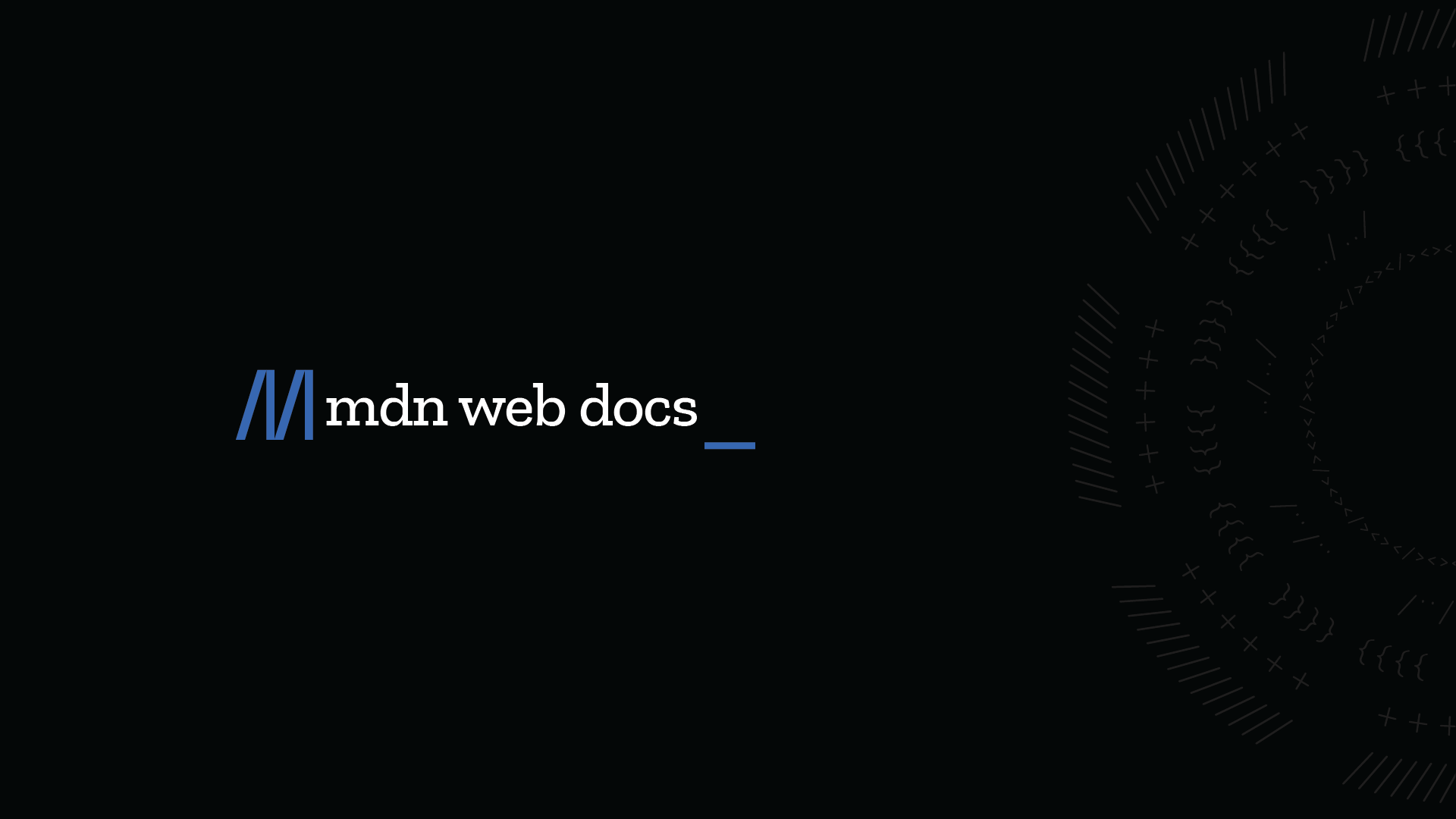Last-Modified - HTTP | MDN
The HTTP Last-Modified response header contains a date and time when the origin server believes the resource was last modified. It is used as a validator in conditional requests (If-Modified-Since or If-Unmodified-Since) to determine if a requested resource is the same as one already stored by the client. It is less accurate than an ETag for determining file contents, but can be used as a fallback mechanism if ETags are unavailable.| MDN Web Docs





